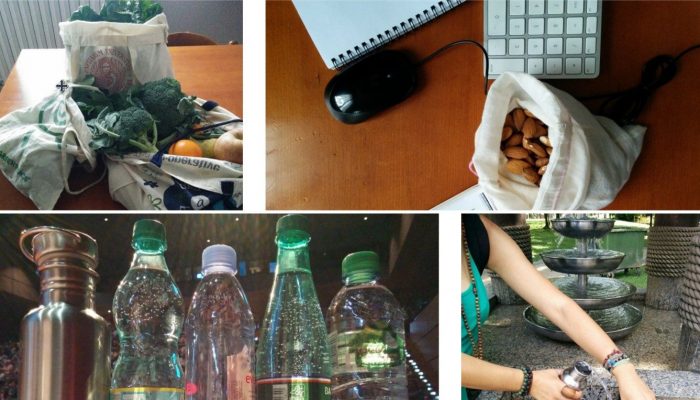
Post by Viviana Re, a post-doctoral research fellow at the Department of Earth and Environmental Sciences of the University of Pavia, in Italy.
_______________________________________________
Should we feel a moral obligation to engage, if our work has real implications on society?
As an environmental scientist, with a PhD in Analysis and Governance of Sustainable development, I grew up “multidisciplinary-minded’ and the three-pillars of sustainability soon become my bread and butter.
However, as I progressively specialized in hydrogeology I had to confront myself with a new world, more technical, definitely interesting, but perhaps a bit suspicious with social sciences (at least some years ago), and where “no quantitative data” was often considered as a synonym of “no substance”.
When, back in 2013, I first presented the concept of socio-hydrogeology at an international congress on hydrogeology I divided this world in two. Some people definitely loved this new approach and found a lot of similarities with their work and research interests. Others, more skeptical, asked me if I decided to quit SCIENCE and dedicate myself to politics instead.
Besides the fact that I generally prefer to be pleased than criticized, I admit I am sincerely grateful to all those who shared with me their perplexities as they made me realize that:
- I should improve my communication skills;
- I shouldn’t take anything for granted – multidisciplinary and integrations are the roots of my research but this may not be the case for everyone;
- I should better engage in promoting the incorporation of the social dimension into hydrogeological sciences and in fostering the connection between science and society.
These things follow from my belief that, as scientists, we should all have a key role in ensuring that the results of our hard work are really used to foster the long-term protection of groundwater resources worldwide.
This is part of our social responsibility, right?
As Stephanie J. Bird says in her paper Socially Responsible Science Is More than “Good Science”
“[…] as members of society, scientists have a responsibility to participate in discussions and decisions regarding the appropriate use of science in addressing societal issues and concerns, and to bring their specialized knowledge and expertise to activities and discussions that promote the education of students and fellow citizens, thereby enhancing and facilitating informed decision making and democracy.”
Therefore, as groundwater scientists, part of our responsibility is to commit to share the results of our investigations outside the academic sphere and to find the most appropriate way to engage with civil society. This can be done in several ways, like through public speaking, social networks, media release and active involvement with local communities relying upon the water resources we are studying.
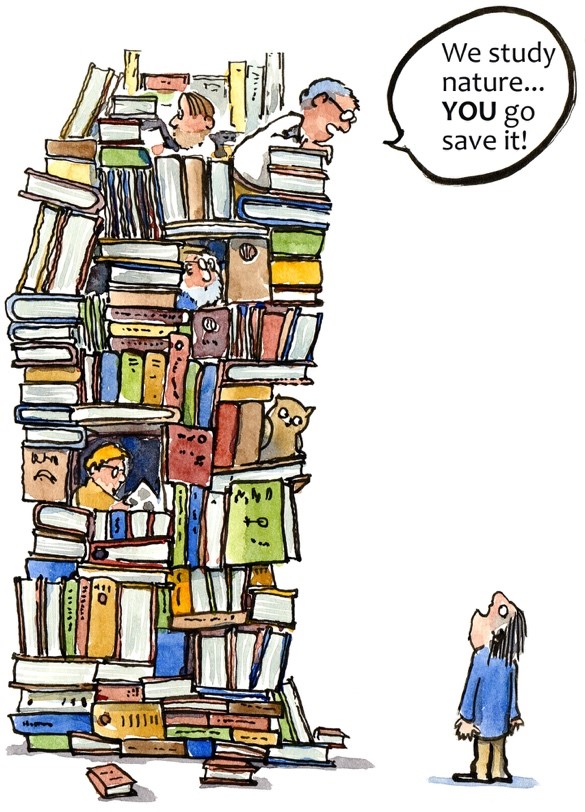
Academics-ivory-tower (Frits Ahlefeldt)
But, is this enough? Is outreach sufficient to ensure that we effectively bridge the famous gap between science and society?
What if we also engage to live more sustainably and to help driving the changes we aim to inspire with our research?
As scientists, every time we write about our work and research results, we almost always find ourselves discussing water distribution on Earth, the global water crisis and the need for sustainable water resources management. We often tell people the importance of saving water, recycling and reducing pollution, and certainly we aim to use the best available scientific tools for providing this information. But then, in our minds, it should also lead us to question whether we, the scientists, actually live sustainably and act responsibly.
Are we really acting to ensure safe water resources, for future generations? We know our food and good consumptions depend on energy and water, but still the global water demand is rising. Still, is there something we can do to diminish our water and ecological footprint? Is there something that we can do to bring the scientific knowledge in our everyday life? What if we would better engage to inspire people, our friends and local communities, and become true advocates of (ground)water protection and management?
We’ve decided to take action on these issues through Responsible Water Scientist, a project launched almost a year ago my myself and my friend and colleague Raquel Sousa. Responsible Water Scientist, is a space where we aim to encourage a broader discussion on the little changes in the daily routine that can make scientists real advocates of groundwater conservation for a more sustainable world. These changes can involve our dietary choices, shopping attitudes and consumption patterns, but are all closely related to our water footprint and the future of global water resources.
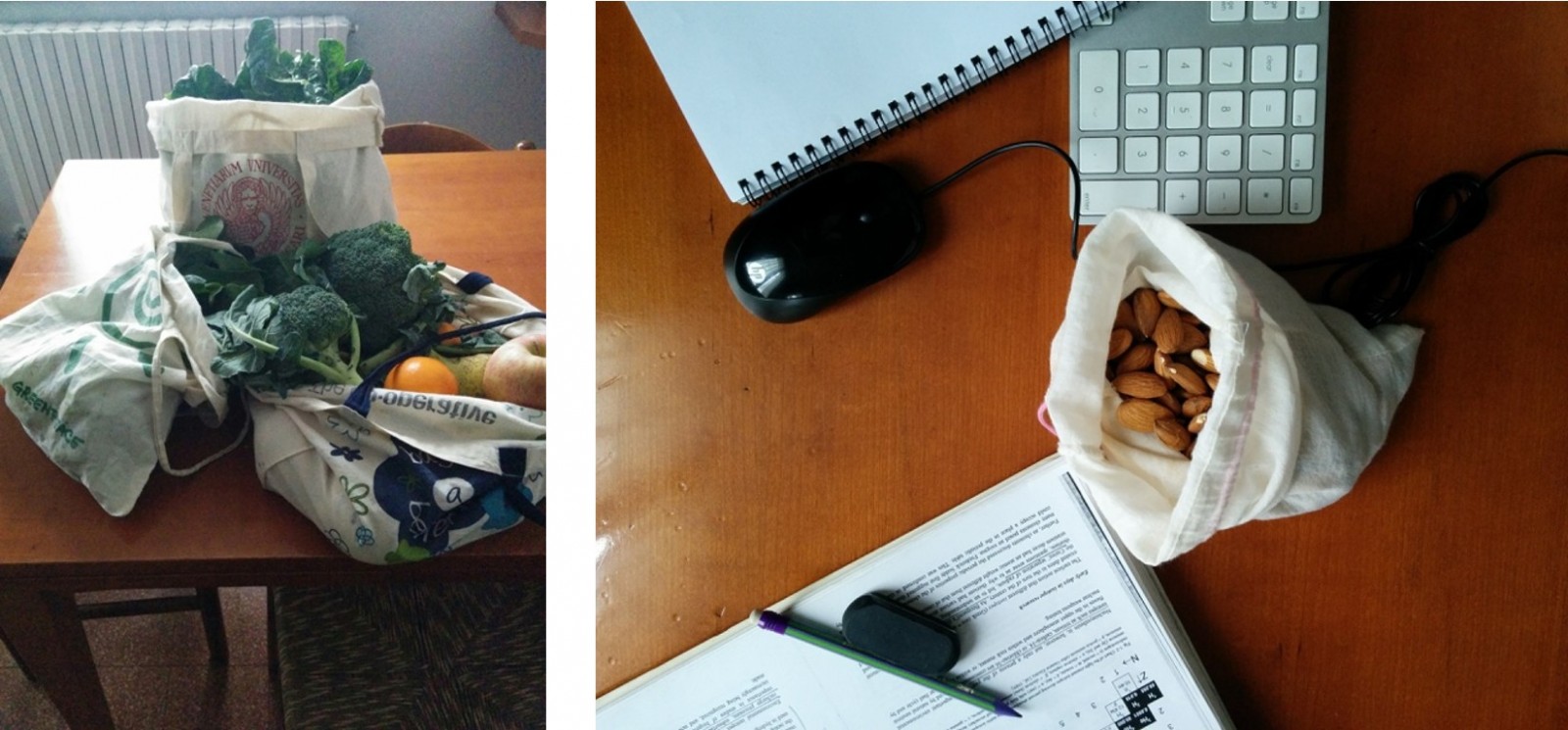
Bulk shopping saves plastic packaging and reduces our carbon and water footprint.
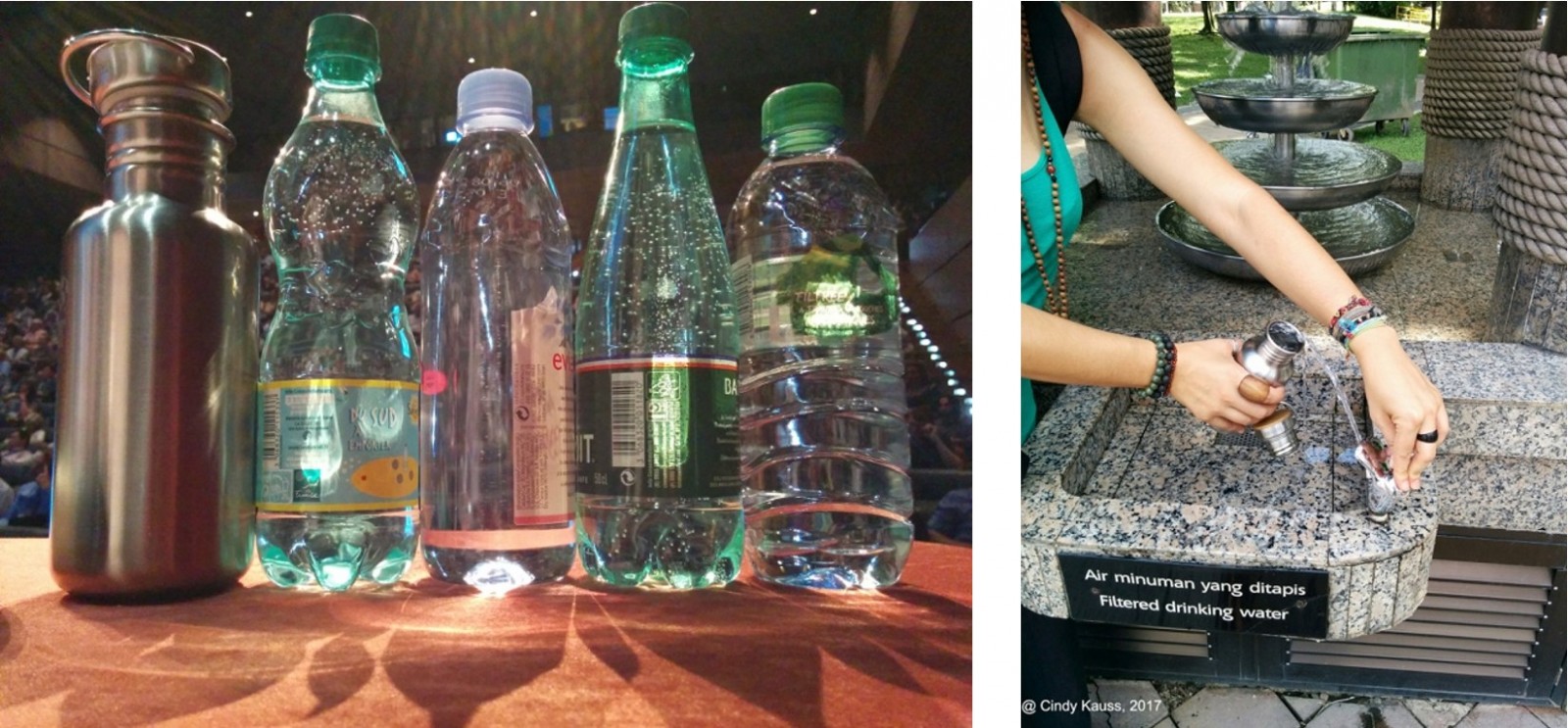
Drinking tap water (if safe and available) and bringing our own water bottle will significantly reduce the amount of plastic bottles produced per year.
Shopping bulk, reducing our meat consumption or engaging for a zero waste lifestyle may seem really challenging at first, but the effort is really worth it, indeed, every drop matters! Don’t you agree?
Find out more on Responsible Water Scientists here, and join our community on social networks by sharing your ideas and experience! All comments and inputs are more than welcome!
Facebook | Twitter | Instagram
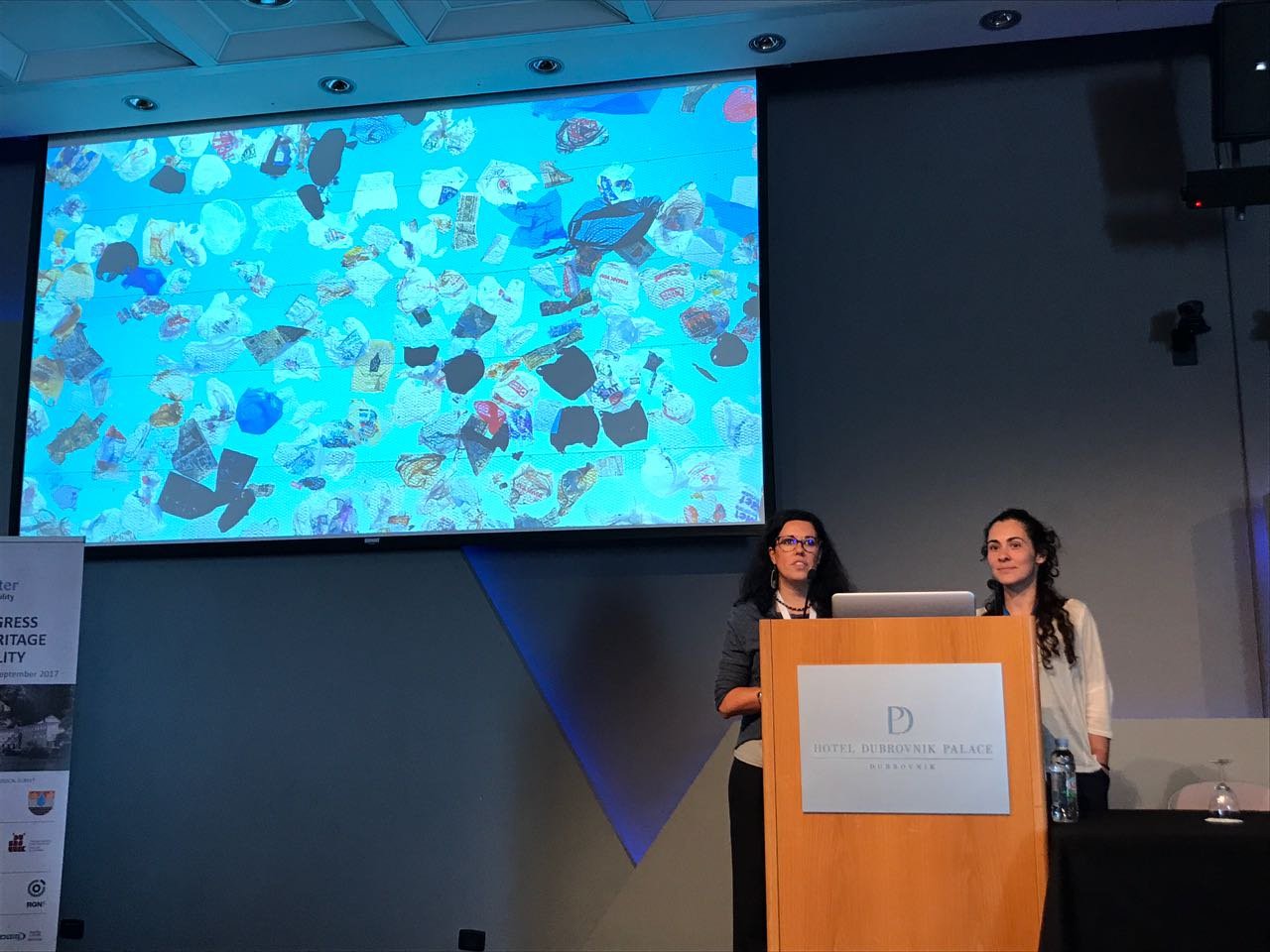
Presenting Responsible Water Scientist with a keynote lecture at the 44th congress of the International Association of hydrogeologists (Croatia, September 2017).
_______________________________________________

Viviana Re is a post doctoral research fellow at the Department of Earth and Environmental Sciences of the University of Pavia (Italy). Her research interests are: isotope hydrogeology, groundwater quality monitoring and assessment, groundwater for international development. She is currently working on the development and promotion of a new approach, called socio-hydrogeology, targeted to the effective incorporation of the social dimension into hydrogeochemical investigations.
